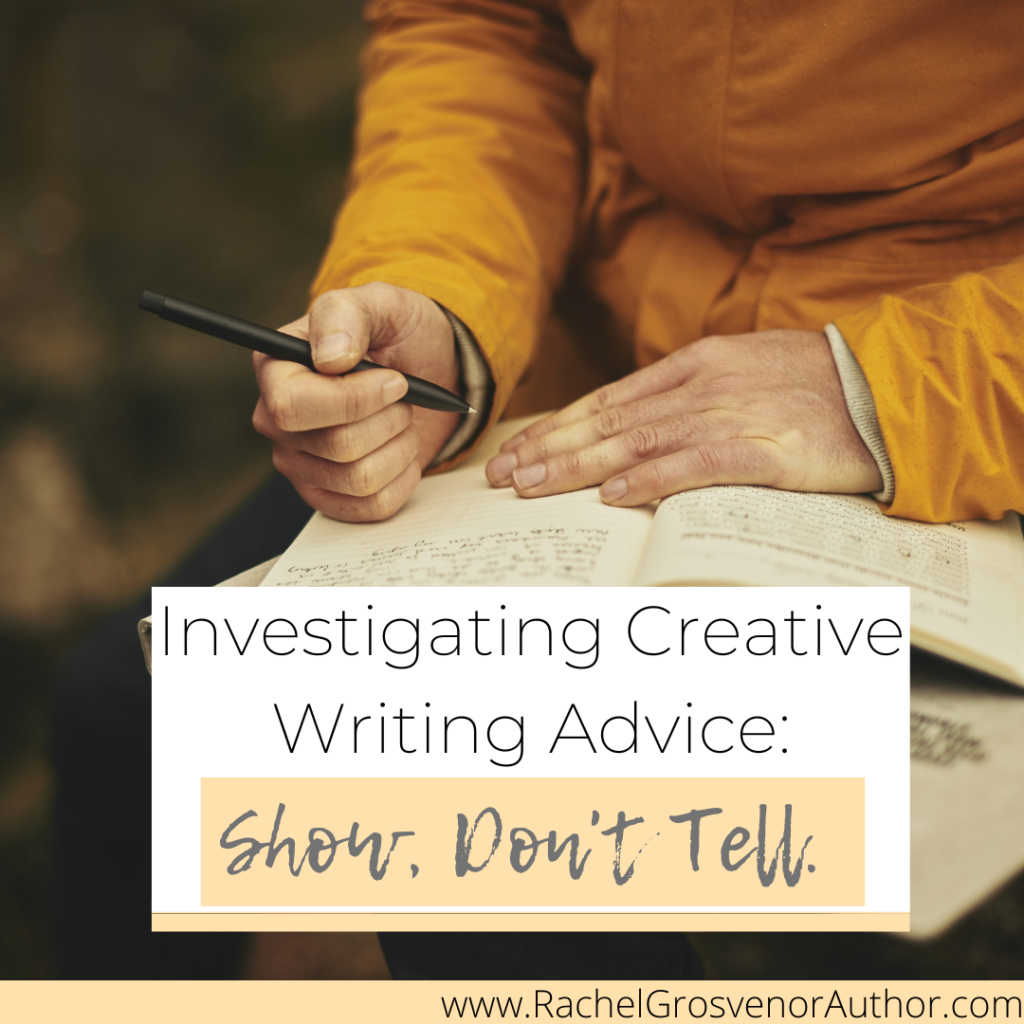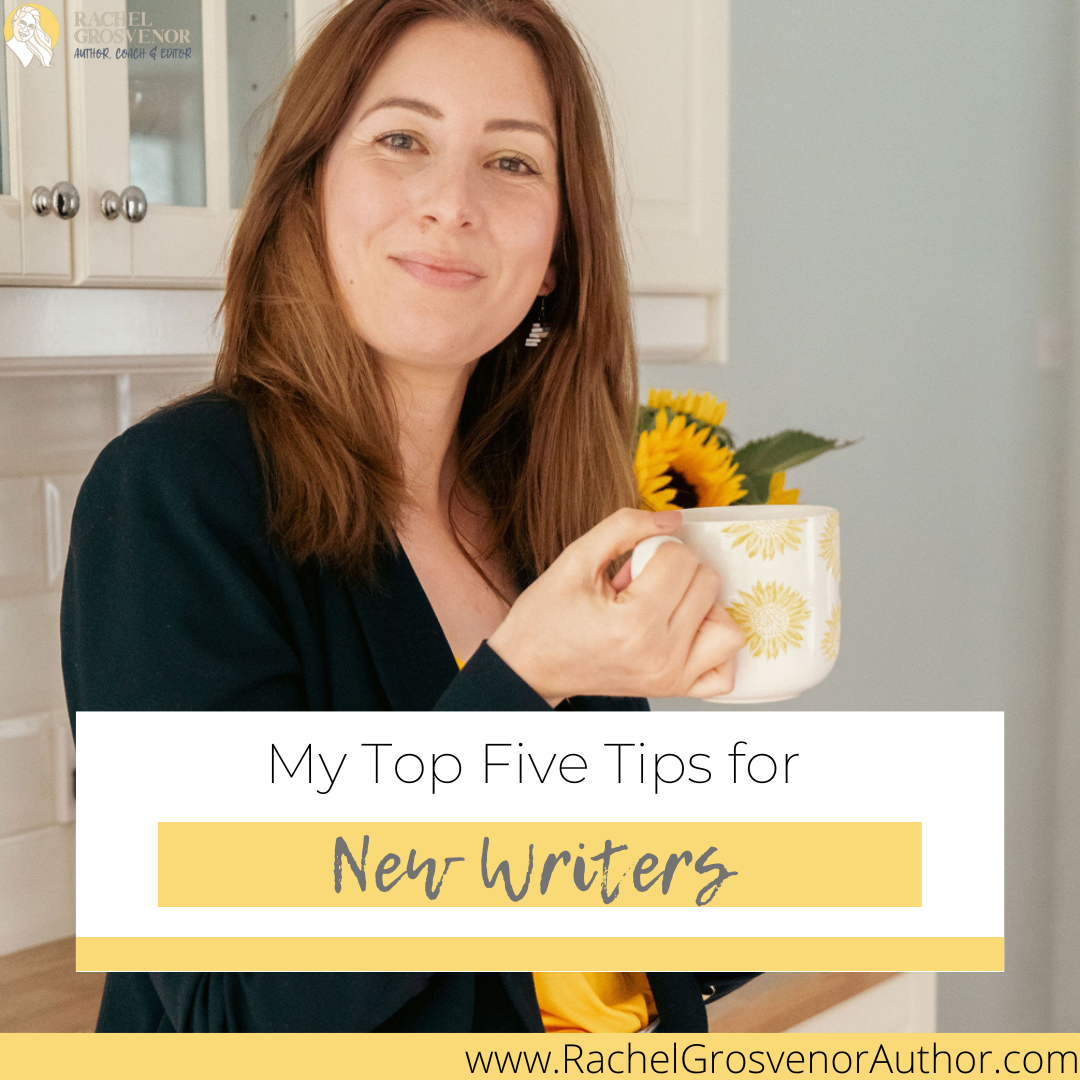Here’s a new series of blog posts for you! I am excited to introduce: Investigating Creative Writing Advice. Throughout this series, I will break down all that classic and new Creative Writing advice we hear in both classrooms and online and get to grips with what that means. Through doing this, I hope to help you better understand the world of Creative Writing and choose the advice that suits you as a writer. It isn’t always easy to know which advice to pay attention to, and it is essential to remember that what works for one person doesn’t necessarily work for another. For example, I don’t write every day because it doesn’t work for me creatively. Writing and creativity do not have a set of instructions that work for every person, so let’s break down that advice and see what works for you.
Today, we will look at ‘Show, Don’t Tell.’ There’s a classic quote to share here, and that’s the following:
‘Don’t tell me the moon is shining; show me the glint of light on broken glass.’ (Anton Chekhov)
So, what does it mean? Essentially, this advice is telling you to paint a picture for your reader, using description and senses. Here’s an example:
Telling:
Sarah was late.
Showing:
Sarah twisted her hands together, now damp from sweat. She avoided looking at her watch – she didn’t need the reminder; the day was already running away from her. Her t-shirt was still stained from last night’s dinner.
What’s the difference here?
Well, apart from being wordier, we get more of an impression of the character, the situation and the scene. In the original, we don’t learn anything apart from someone called Sarah is late. In the rewrite, we learn that Sarah is nervous, distracted, avoiding the situation and worried. Showing, not telling, is a powerful tool for a writer and gives you the opportunity to create a scene that brings a world to life. You pull the reader in and get them involved in the story.
However, be wary of this advice: there is a place for telling too.
Telling is a great way to give information to your reader. If all you did was show, your book would be a dense read. So perhaps, instead of saying ‘Show, Don’t Tell’, we should say: Show and tell. Here’s a way to remember when to do what: If there’s a dramatic scenario, a scene you want to bring to life: Show. If there’s some information you need to get across (perhaps your character travels from A to B, and nothing happens during that time), you don’t need to show the reader the entire journey; that would be a waste of word count! Instead, tell them. In the book I am currently reading (The Bewitching by Jill Dawson), there are some fantastic examples of this. Dawson tells us what we need to know to drive the narrative forward, avoiding lengthy divergences into parts of the story that don’t impact the characters.
Want to have a go at writing your own ‘Show, don’t tell’ example? Here’s a prompt to help you. Rewrite:
Sophie was tired.
How can you rewrite this by showing us this? Consider how Sophie’s tiredness impacts how she moves and looks, and describe this to the reader.
So, there’s a breakdown of ‘Show, Don’t Tell.’ Is there a piece of Creative Writing advice you have heard that you want to be broken down? Let me know here! I would love to write a post about it and help you understand how to use it.
Want to read something similar? Check out the following:
5 Things I Wish I Had Known before Writing My First Novel
Why My Writing Routine Won’t Work For You
Reasons Not To Write Every Day











